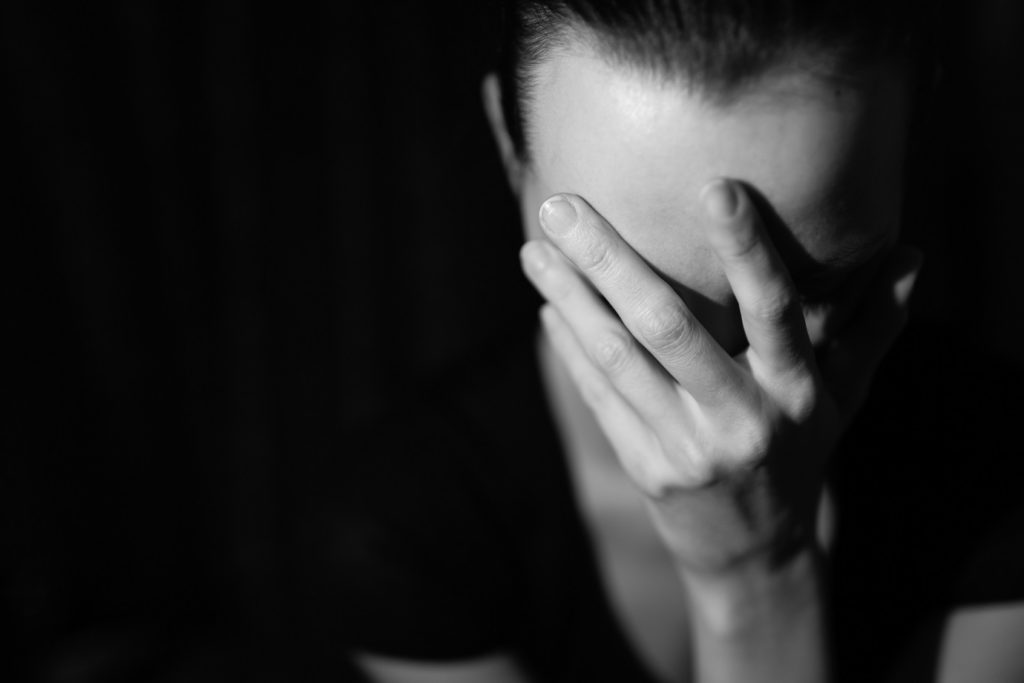Australians love celebrating Christmas. Many look forward to putting up the tree, wrapping gifts, hosting BBQs with family and friends, and days at the beach or by the pool.
Sadly, the joy of Christmas and New Year is not shared by all. For many women and children, it is a time of great fear and anxiety. This fear is not unfounded – we know seasonal changes and public holidays like Christmas and New Year are linked to higher rates of family, domestic and sexual violence. This is not the Christmas anyone should expect or deserves.
While there is no single explanation, researchers believe factors like increased contact between victims and perpetrators, financial stress and alcohol all play a role. As Hayley Foster, CEO of Women’s Safety NSW says:
“As we have come out of COVID restrictions we have actually seen another increase in the severity and complexity of cases, with many pointing to financial stress, loss of employment and alcohol misuse as exacerbating factors. We know we always see an escalation of violence and abuse over the Christmas/ New Year period, but this year is expected to be much worse.”
The facts bear this out. In 2018, calls to 1800RESPECT spiked by 22 per cent in December and NSW Police advised domestic violence call outs were 40 per cent higher in that month compared with the previous June. Women’s Community Shelters reported a 30 per cent increase in demand for beds over the same period.
In 2020, so many of us have endured challenges we never anticipated. Sadly, the COVID-19 pandemic has only increased the hardships faced by those already experiencing domestic violence. Some have also experienced family violence for the first time. The Australian Institute of Criminology released a report in July which found that “the pandemic coincided with the onset or escalation of violence and abuse.”
Christmas is already a challenging and scary time for women experiencing domestic abuse, but the pandemic is likely to make this season worse. For months, the family violence sector has called for more support during COVID-19, highlighting the plight of women turned away from over-stretched services.
Organisations working with women from diverse backgrounds, all told the Parliamentary Inquiry into Family, Domestic and Sexual violence in November that they need funding for frontline services.
Migrant and refugee women experiencing family violence find the current system does not adequately respond to the needs in their communities. The Federation of Ethnic Communities Councils of Australia has said, “there is a real lack of funding and emphasis on culturally-specific services.” Services supporting First Nations People report high demand and significant backlogs.
In rural, regional and remote communities, women who need assistance are often hundreds of kilometres away from support services, which then also do not have adequate resources. Some women resort to homelessness services instead. This same problem affects men’s behaviour change programs, with limited access and long delays – up to 18 months in some cases – preventing both victims and perpetrators who need help from receiving it.
LGBTIQ-specific services also experience significant limitations, with practically no funding for services to support victims or perpetrators of domestic and family violence and sexual assault outside of Sydney and Melbourne.
As Labor’s Shadow Assistant Minister for Communities and the Prevention of Family Violence, I know from my direct engagement with service providers that there is a need for much greater and more meaningful engagement from the Morrison Government. It is not listening to the needs of frontline services. I hear the same message repeated over and over again: these services are unable to meet the needs of some of the most vulnerable people in our community. Service and policy gaps, insufficient funding, and inadequate consultation and cuts plague the sector. And yet this year’s budget contained no new additional funding for domestic and family violence services.
There is no dispute about the tragic costs of family violence to our nation. The response cannot be an outpouring of grief at vigils, followed by a return to the status quo. Every woman deserves to feel safe in her home, all of the time, including during the festive season. Christmas should be a time for counting presents under the tree, not family violence statistics.
If you or someone you know is experiencing family, domestic or sexual violence, call 1800RESPECT or 1800 737 732 or visit www.1800respect.org.au. In an emergency, call 000.


